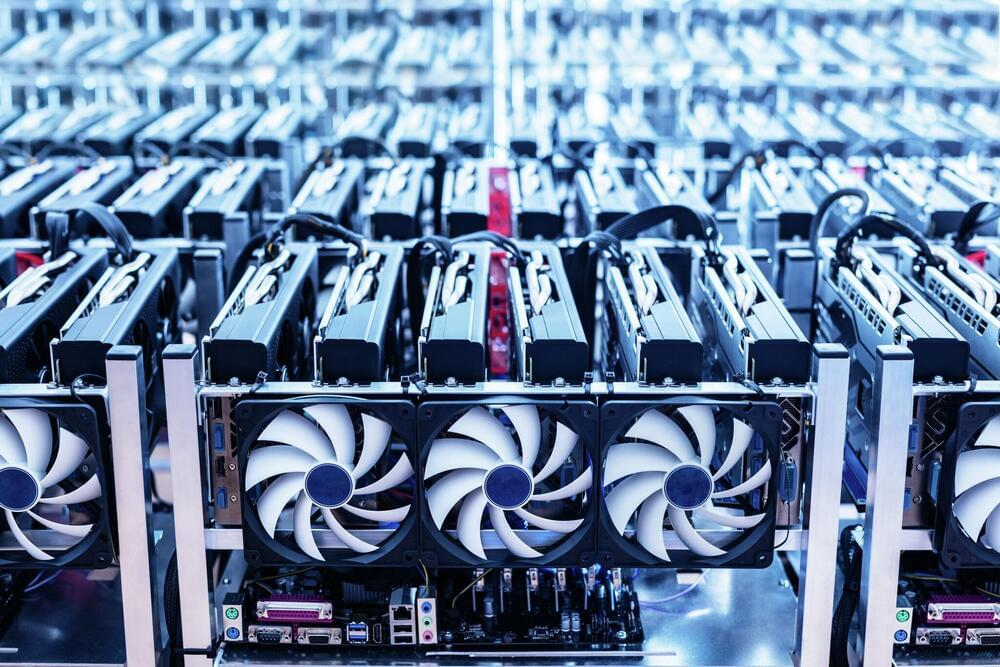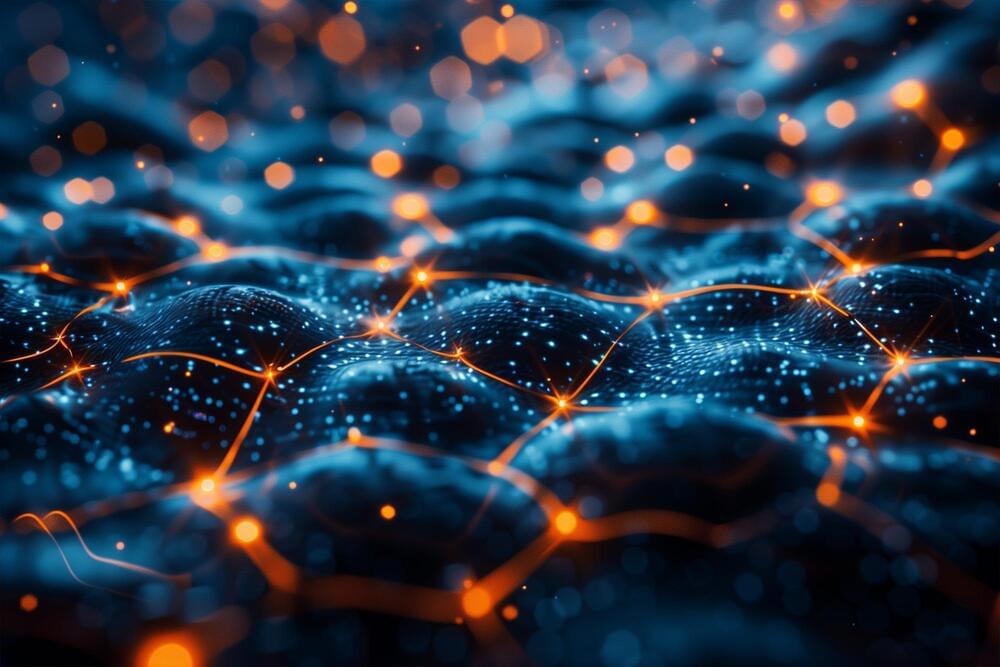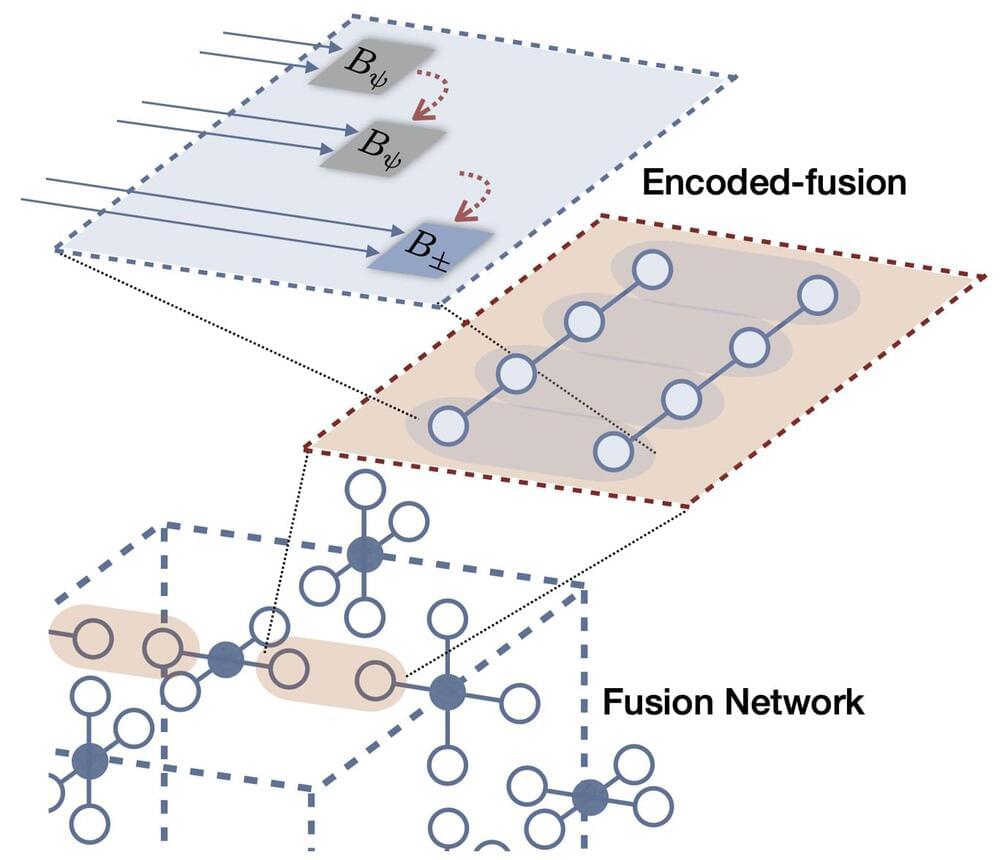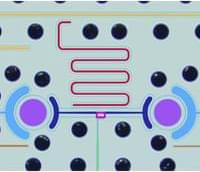https://scirate.com/arxiv/2411.
Researchers present a #quantummachinelearning advantage of families of constant depth local quantum circuits over reasonably constrained log-log-depth classical circuits.
Quantum…
One of the core challenges of research in quantum computing is concerned with the question whether quantum advantages can be found for near-term quantum circuits that have implications for practical applications. Motivated by this mindset, in this work, we prove an unconditional quantum advantage in the probably approximately correct (PAC) distribution learning framework with shallow quantum circuit hypotheses. We identify a meaningful generative distribution learning problem where constant-depth quantum circuits using one and two qubit gates (QNC^0) are superior compared to constant-depth bounded fan-in classical circuits (NC^0) as a choice for hypothesis classes. We hence prove a PAC distribution learning separation for shallow quantum circuits over shallow classical circuits. We do so by building on recent results by Bene Watts and Parham on unconditional quantum advantages for sampling tasks with shallow circuits, which we technically uplift to a hyperplane learning problem, identifying non-local correlations as the origin of the quantum advantage.
Submitted 23 Nov 2024 to Quantum Physics [quant-ph]






